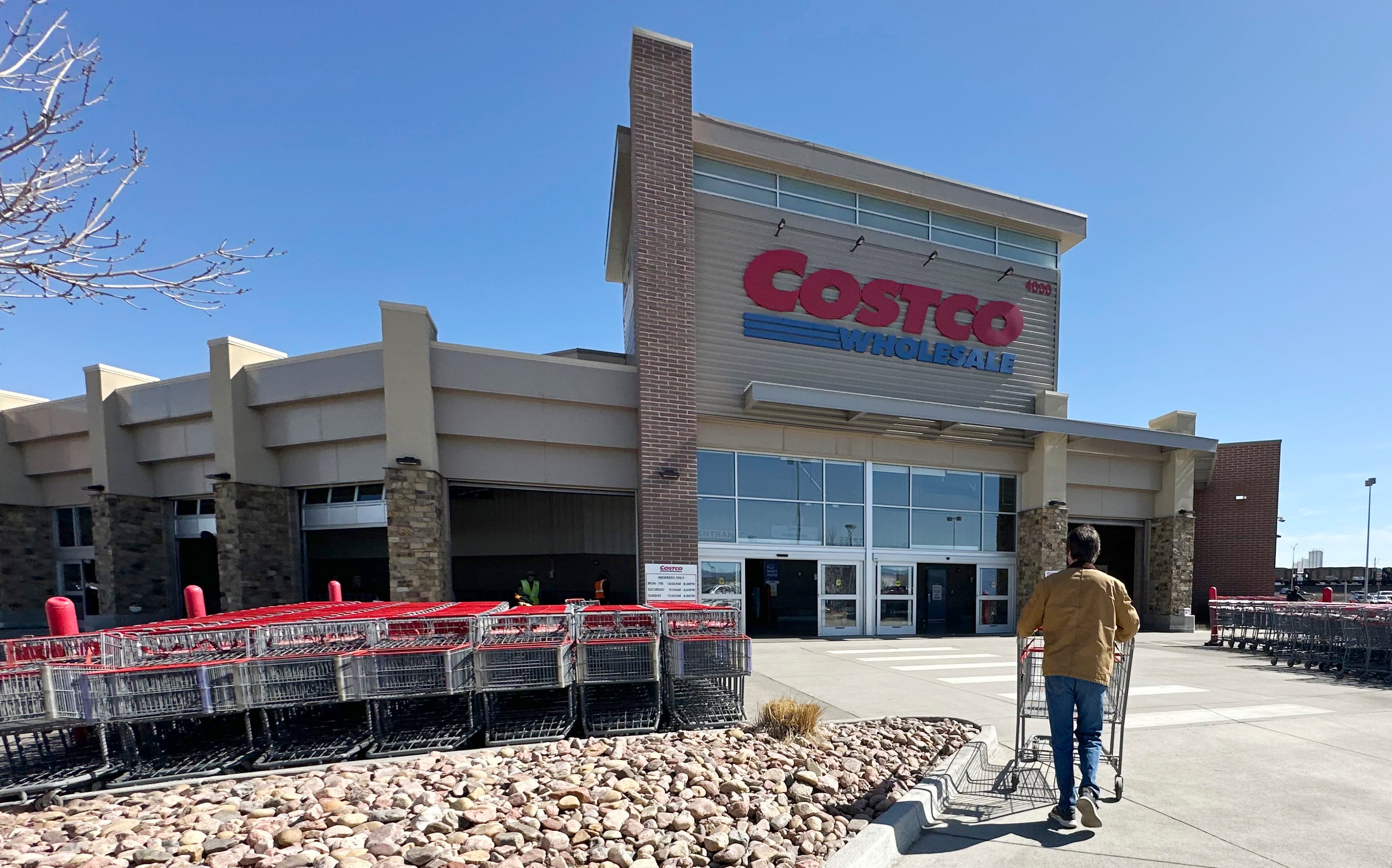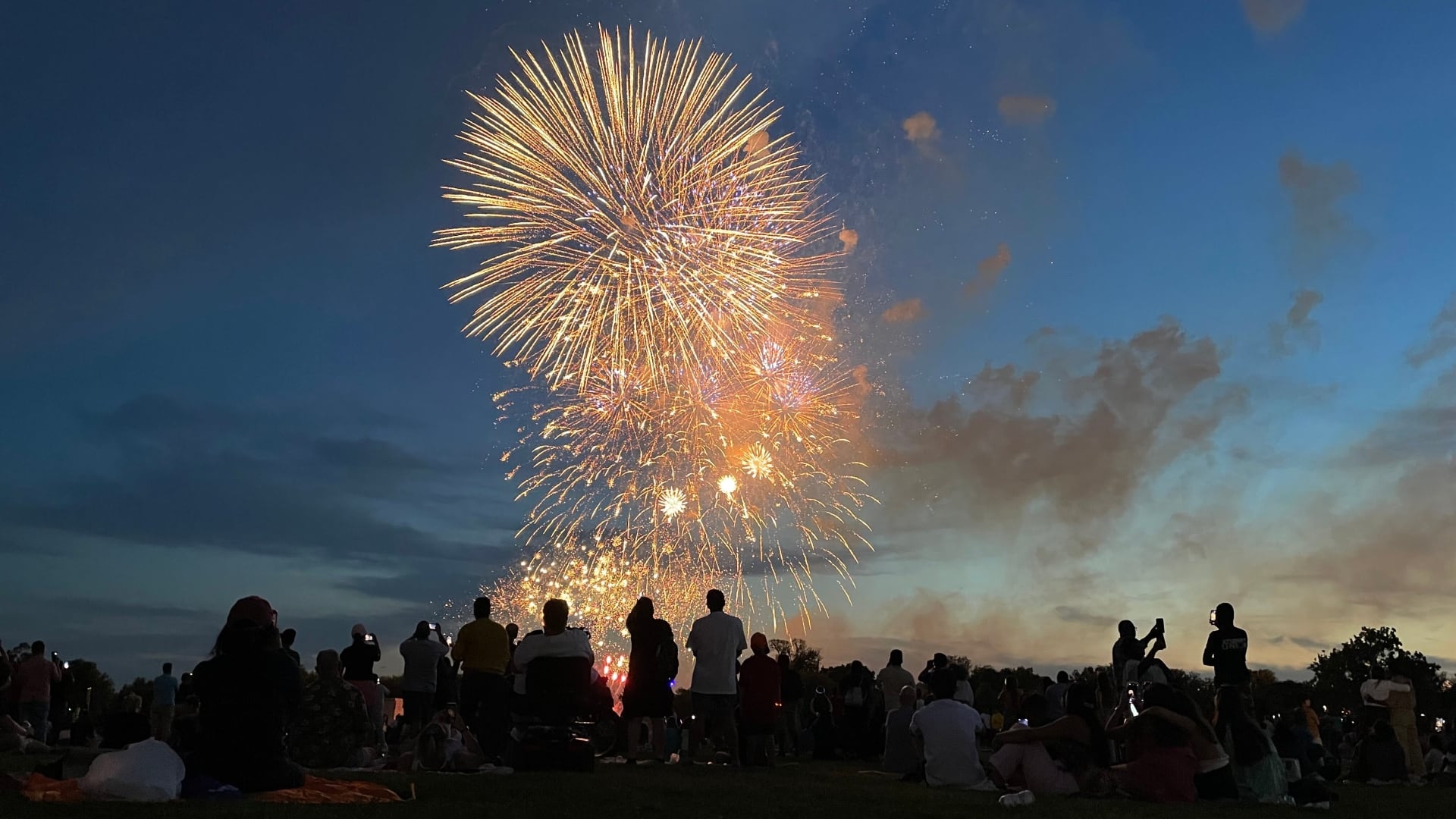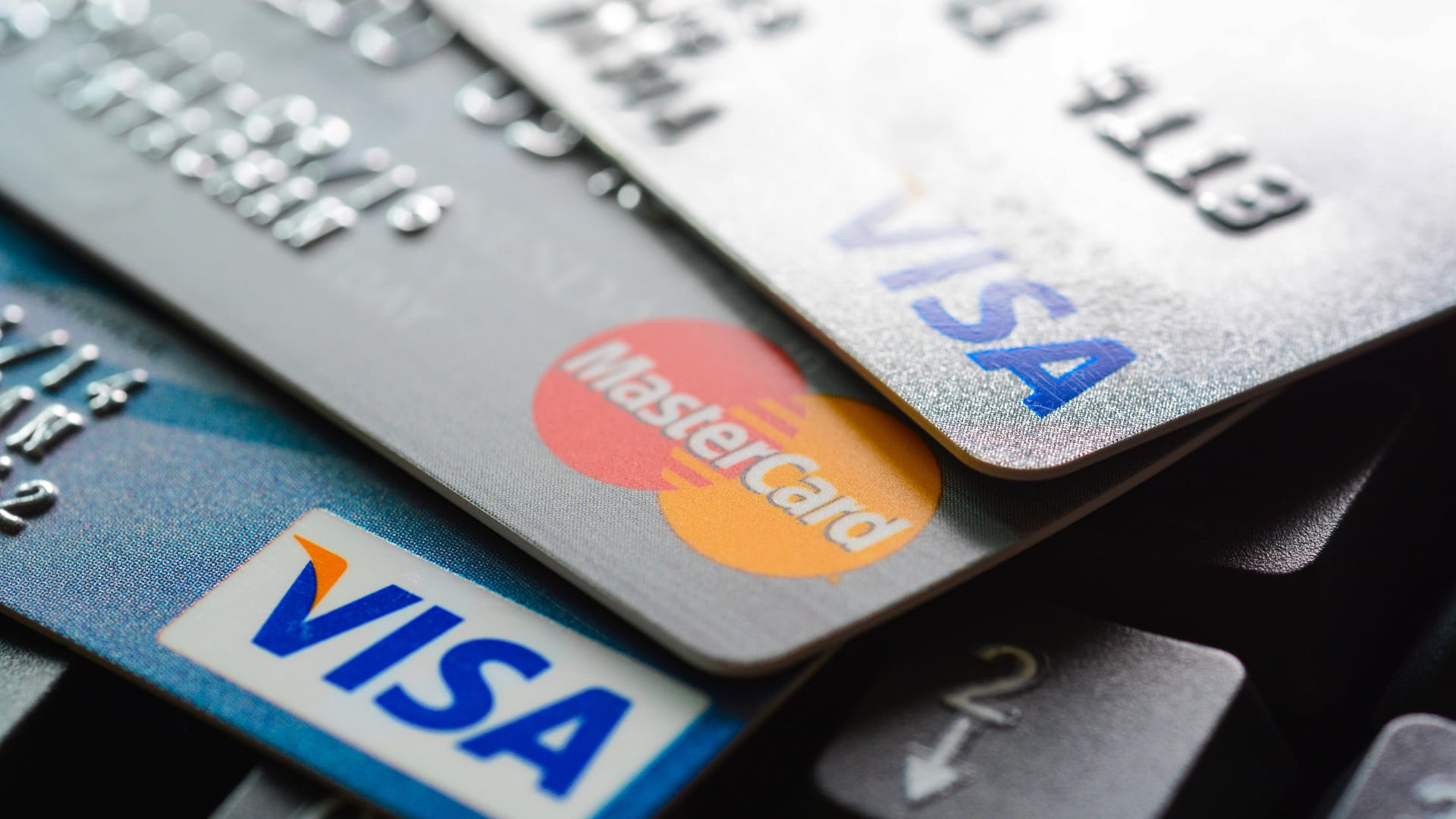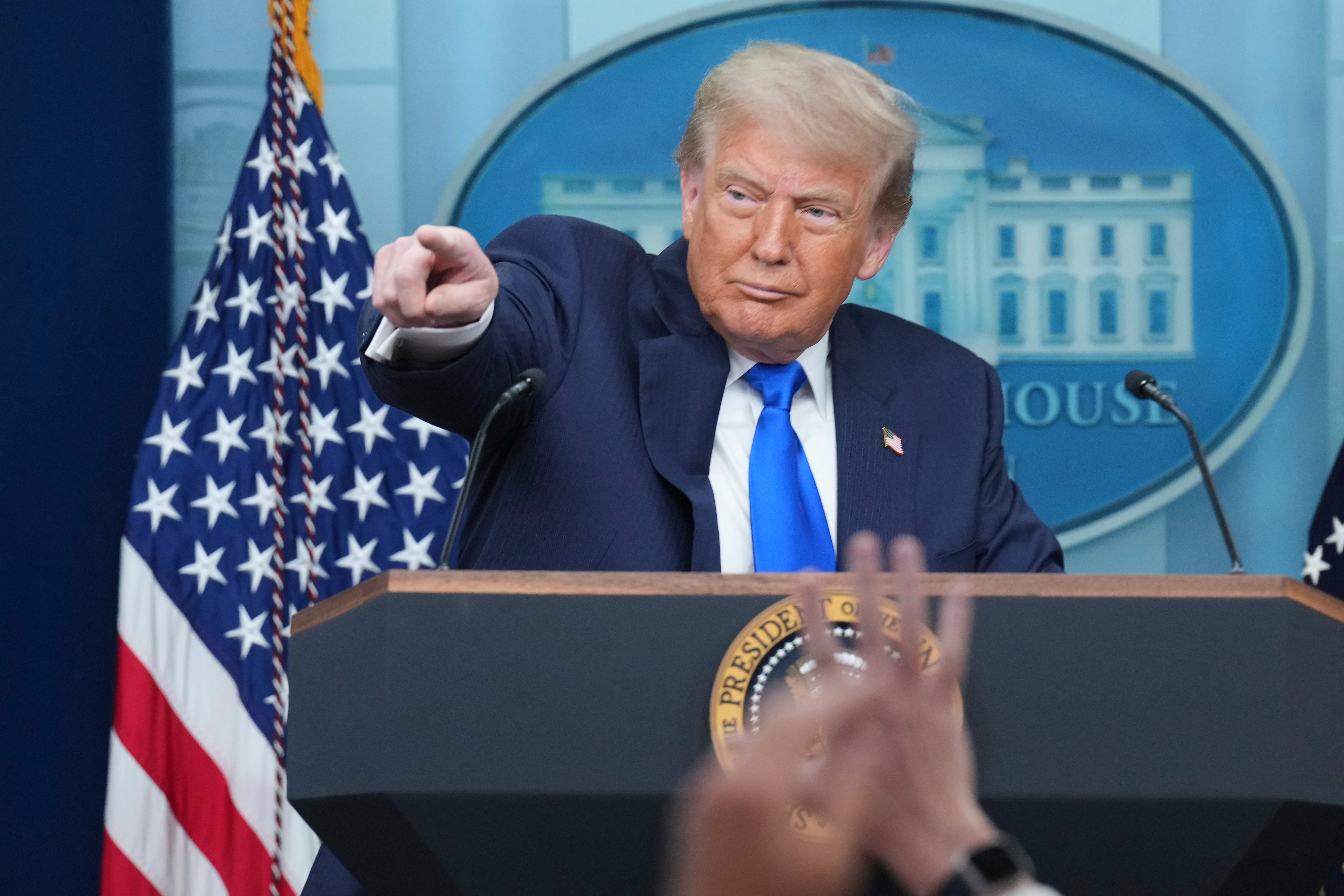*By Tamara Warren* The fast-paced push to bring autonomous vehicles to market is at sharp odds with an imperative to make the tech safe and trustworthy. Both new tech companies and legacy automakers are under pressure from investors to show off their advances in autonomous vehicle deployment ー or risk being cast aside as has-beens, unable to keep pace. But when eager companies move too swiftly to bring self-driving to public streets, they may cause accidents, some of them fatal. One such case occurred in March, when a self-driving Uber in Arizona crashed and killed one woman, causing public trust to drop and skepticism to rise. The backlash is telling — and points to certain holes in regulatory practice. Phil Koopman is steeped in all aspects of self-driving as a Carnegie Mellon University professor in the engineering department and co-founder of Edge Case Research. Koopman joined Cheddar Rides this week to share his insights on safety concerns on pushing out self-driving cars in public spaces without adequate testing. “I think we’re still trying to get the basic technology to be solid,” Koopman said. While an autonomous shuttle may be relatively safe, Koopman is not convinced that self-driving is ready for the evening commute. His gaze is fixed on unplanned events that early testing hasn’t considered, but are part of everyday life, "weird edge cases" that are harder to address than the ideal scenario of "driving down the road on a nice sunny day." Koopman is involved in self-driving policy on several levels. His broad directive is to educate the industry, researchers, and the government on the wide range of factors that will shape autonomous vehicle development and consumer acceptance. He shared an example of Halloween costumes as a possible outlier engineers haven’t considered. “What about Halloween when all the kids are dressed as animals. Have they tested for that?” Both Koopman and Carnegie Mellon are based in Pittsburgh, Pa., one of the national hubs for self-driving testing. In fact, it is the presence of CMU that is encouraging the local push for testing. “A lot of the teams came out of the National Robotics Engineering Center. I still do work there and I’m their safety guy there,” Koopman said. Some of the major players in this emerging space — Uber, Argo and Aurora’s self-driving program — all have team members from CMU. Argo, founded by CMU grads, recently made headlines when it was charged with bringing Ford ($F) Motor Company’s self-driving program to fruition. "A lot of Carnegie Mellon folks are seeding this,” Koopman said. “We see these cars driving down the street all the time. They are out there testing, making sure they get things right.” Despite each company's efforts to publicize the benefits of self-driving, the tech is viewed with skepticism by consumers ー exacerbated by Uber's self-driving fatality. A September [study](https://www.kbb.com/car-news/all-the-latest/autonomous-attitudes-the-more-you-know-the-more-you-no/2100005779/) by Cox Automotive found that 84 percent of consumers would still want to be able to drive themselves, a sharp increase in opposition from two years earlier. “I think there’s increased emphasis since the tragic death in Arizona several months back,” Koopman said. “I think that’s gotten people’s attention. The important thing to realize is as much as these folks want to get to market as fast as possible if they have a mishap that can be a near death experience it can kill a person or the company too.” He added that Uber hasn’t tested self-driving vehicle on public roads in more than six months. While self-driving experts say that once implemented, the technology will save lives ー just as seat belts made a dramatic impact on highway safety. But we’re not there yet. “What you really want to do is at least be as safe as a normal human driver,” Koopman said. “That’s what I’d like to see.” For full interview [click here](https://cheddar.com/videos/state-of-autonomous-tech-and-how-regulation-will-shape-industry).












